Iconic kit manufacturers
Featuring big current brands and cult favourites of yesteryear
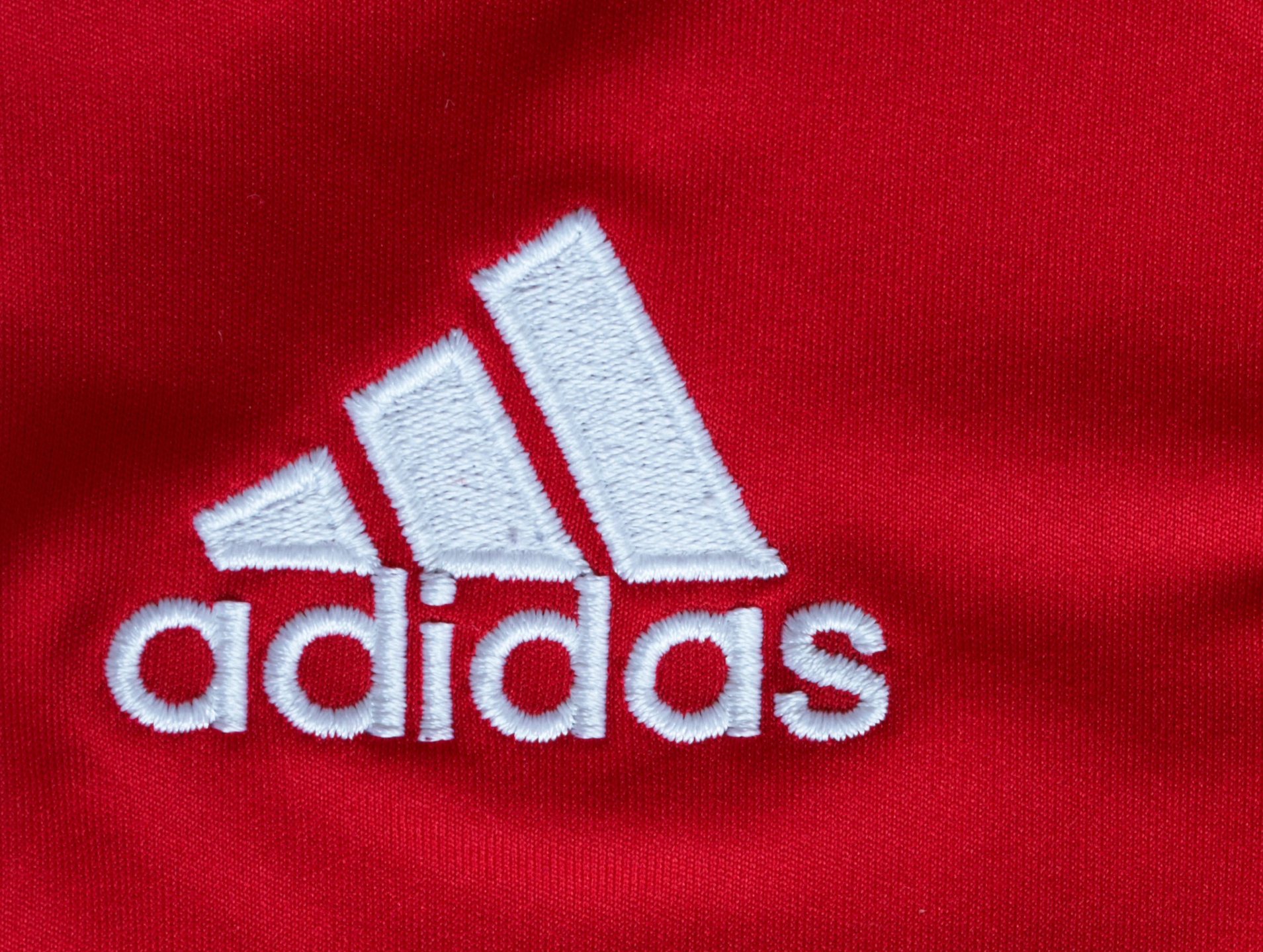
From Nike to Matchwinner, companies large and small have got in on the serious business of football kit manufacturers over the years.
Here, we’ve picked out a selection of the most iconic names to have their logo adorn various strips – from the lower reaches of the game to the World Cup final.
Let’s get straight down to business, shall we?
ABA Sport
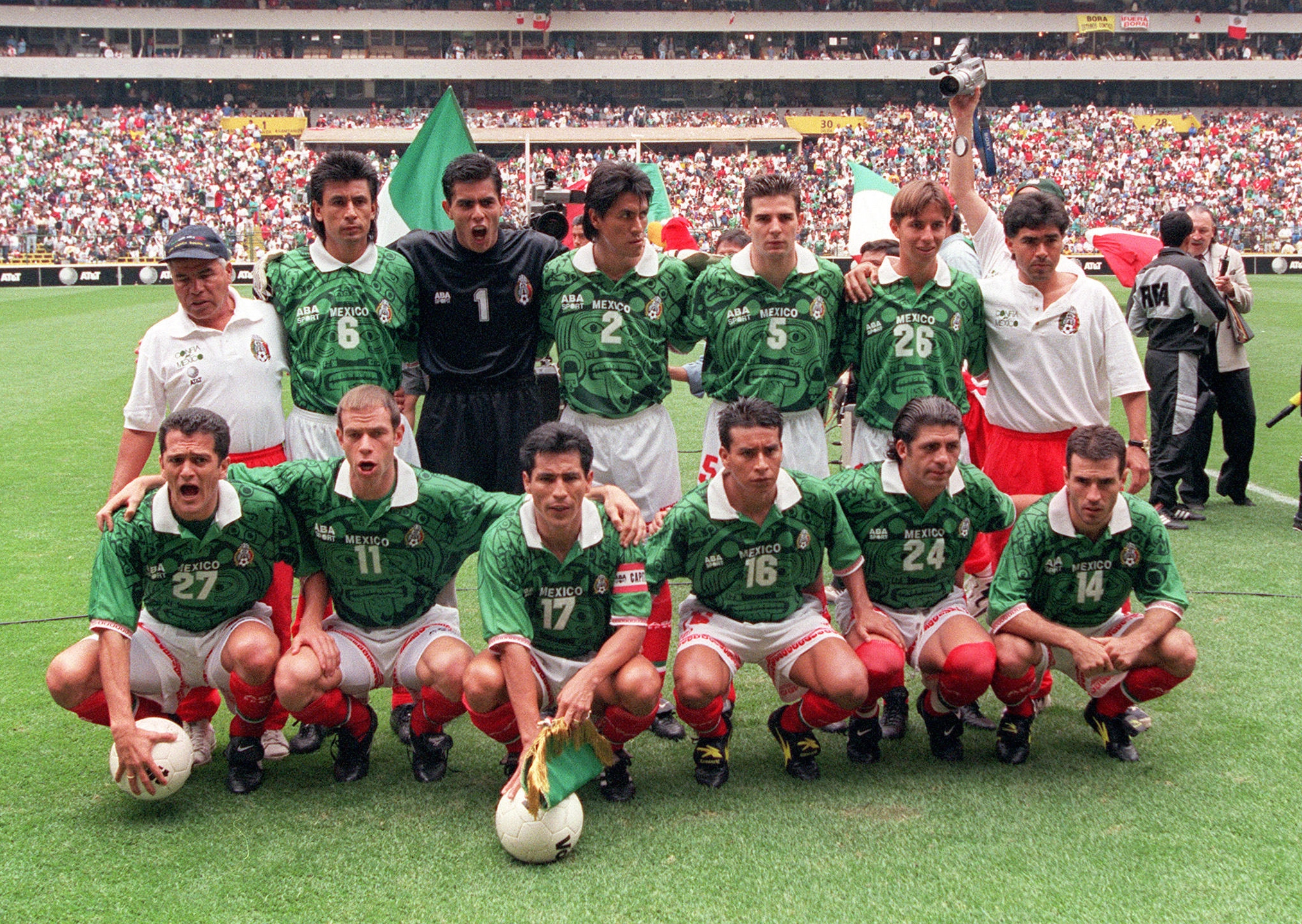
ABA Sport make it onto this list for one kit alone (well, one set of kits): Mexico’s unmistakable 1998 World Cup threads.
The otherwise little-known Mexican brand were responsible for the Aztec-inspired shirts – which came in green, white and black – worn by the likes of national team legends Cuauhtemoc Blanco and Luis Hernandez at France 98.
Meyba
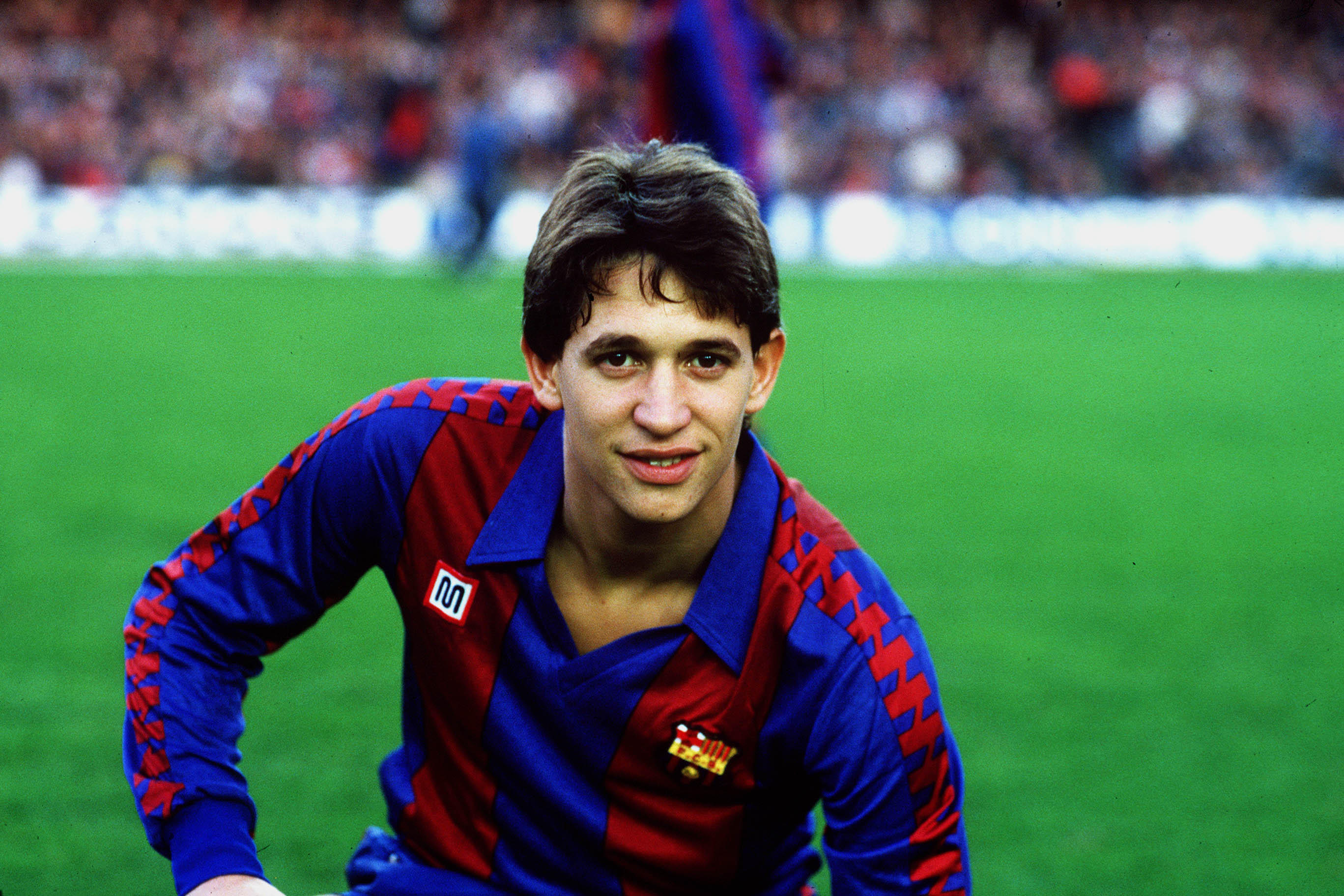
Some of Barcelona’s most legendary kits were made by local brand Meyba, who supplied Catalonia’s finest throughout the 80s.
Founded in 1940 by Josep Mestre and Joaquim Ballbe, Meyba have also manufactured strips for other major Spanish clubs such as Atletico Madrid and Real Betis, plus outfits including Porto and FC Twente outside of Spain.
Get FourFourTwo Newsletter
The best features, fun and footballing quizzes, straight to your inbox every week.
Bukta
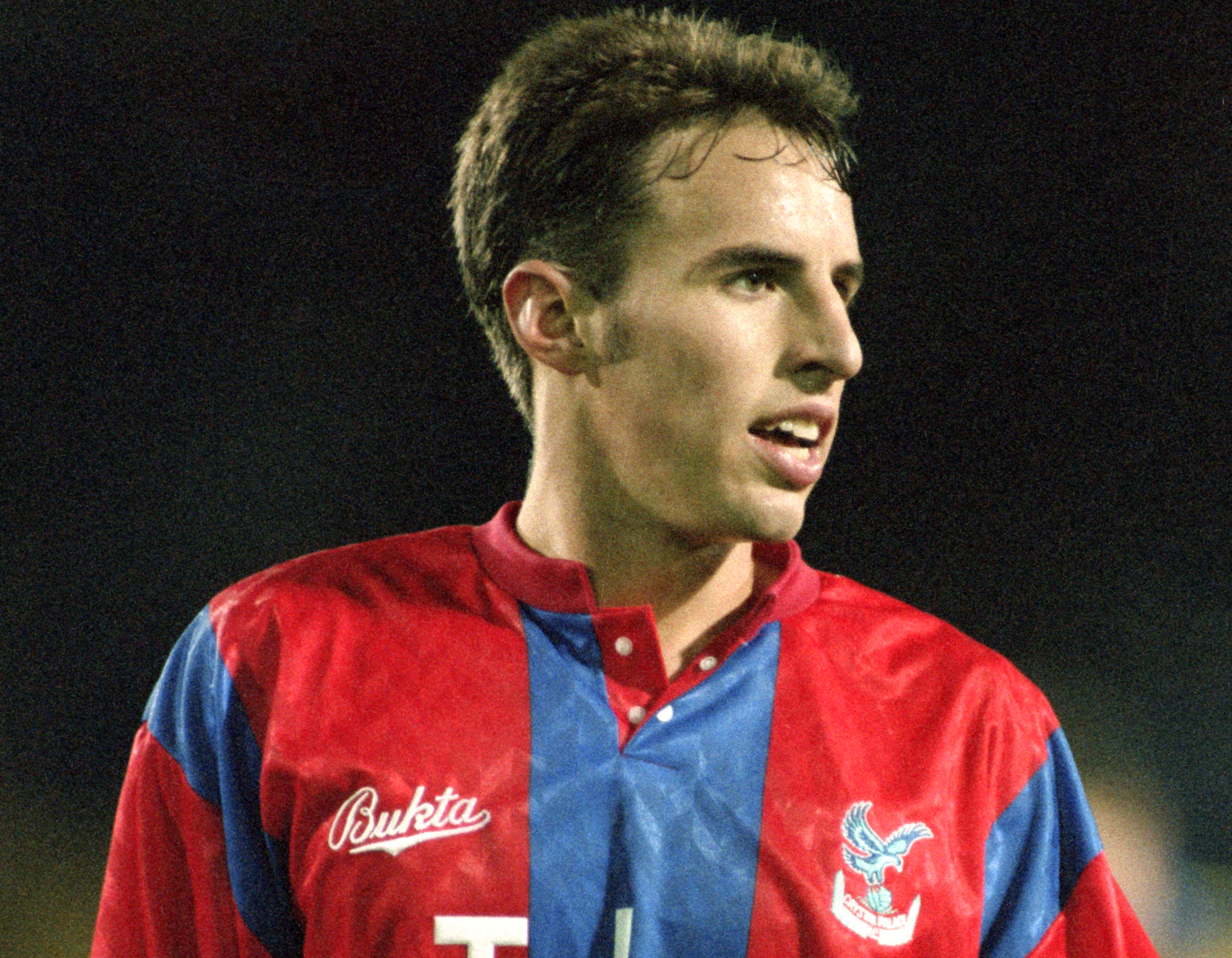
Teams were wearing Bukta kits as far back as 1884, with Nottingham Forest among the first to be supplied by the brand which started out producing shorts for soldiers in the Boer Wars.
A whole host of big clubs across the UK and beyond have worn strips made by the Stockport-founded company – among them Arsenal, Chelsea, Ajax and Sevilla.
Asics
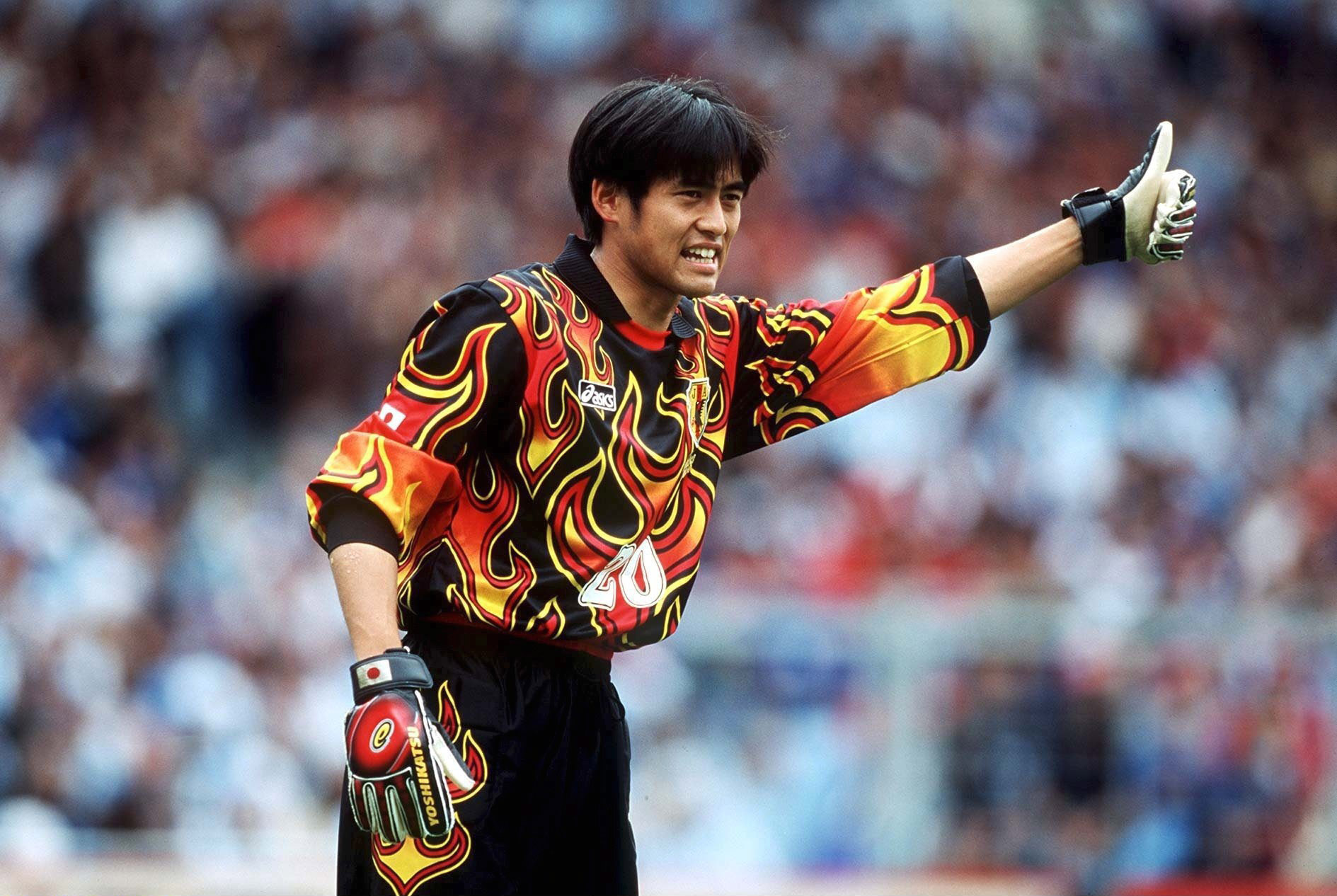
Nowadays, they’re most commonly associated with running shoes, but Asics’ logo appeared on some of the most iconic football shirts of the 90s.
Among the Japanese brand’s finest offerings were Aston Villa’s black, green and red striped, Muller-sponsored away shirt from the 1993/94 and 1994/95 seasons, and Japan’s flame-adorned goalkeeper top from France 98.
Ennerre
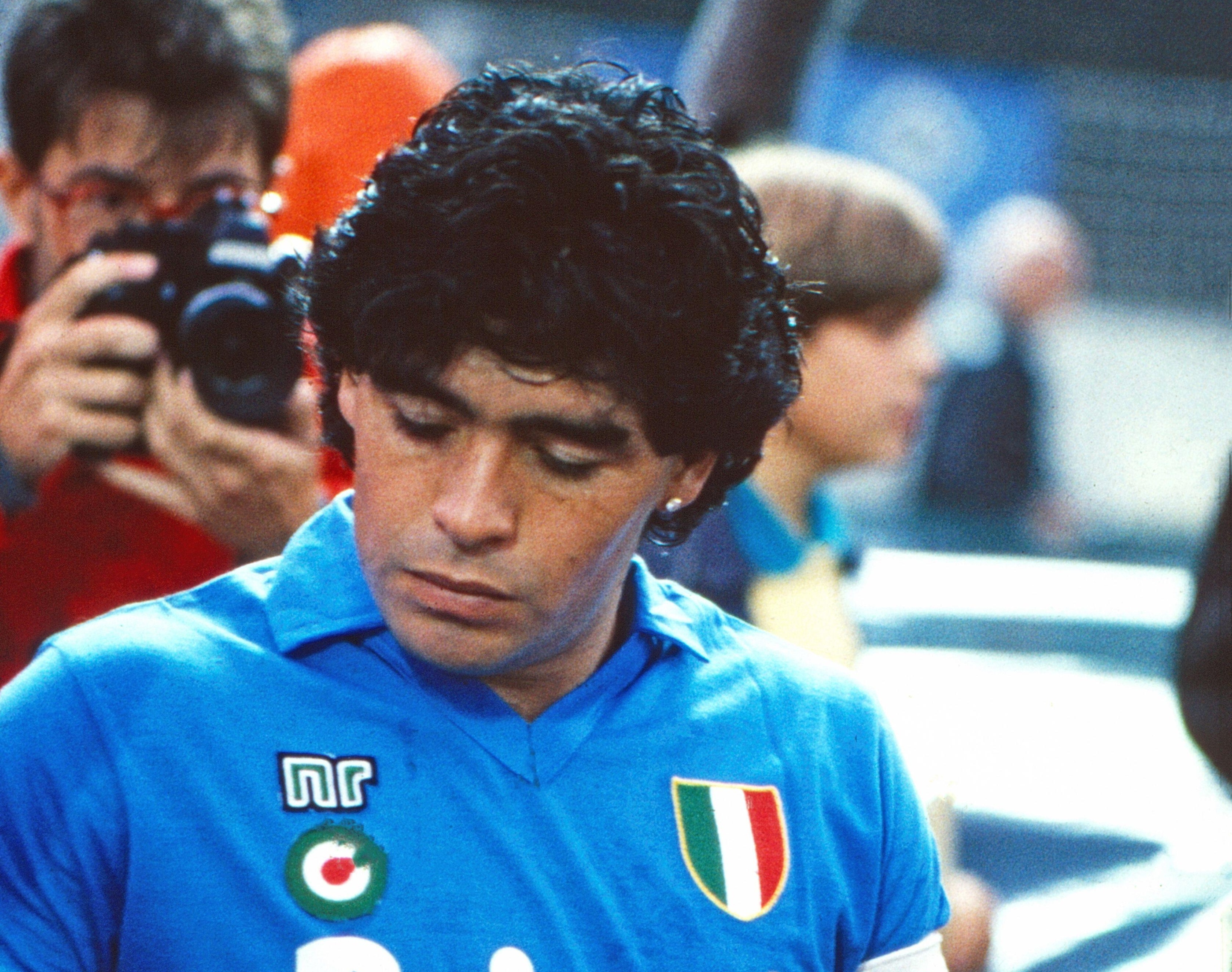
Ennerre (Italian for NR, hence their logo) came out with some classic kits for some of Serie A’s biggest clubs during the league’s 80s heyday.
Milan, Roma and Napoli were all decked out in Ennerre at one point or another, with the latter’s Mars-sponsored strips worn by Diego Maradona belonging among the slickest of all time.
Puma
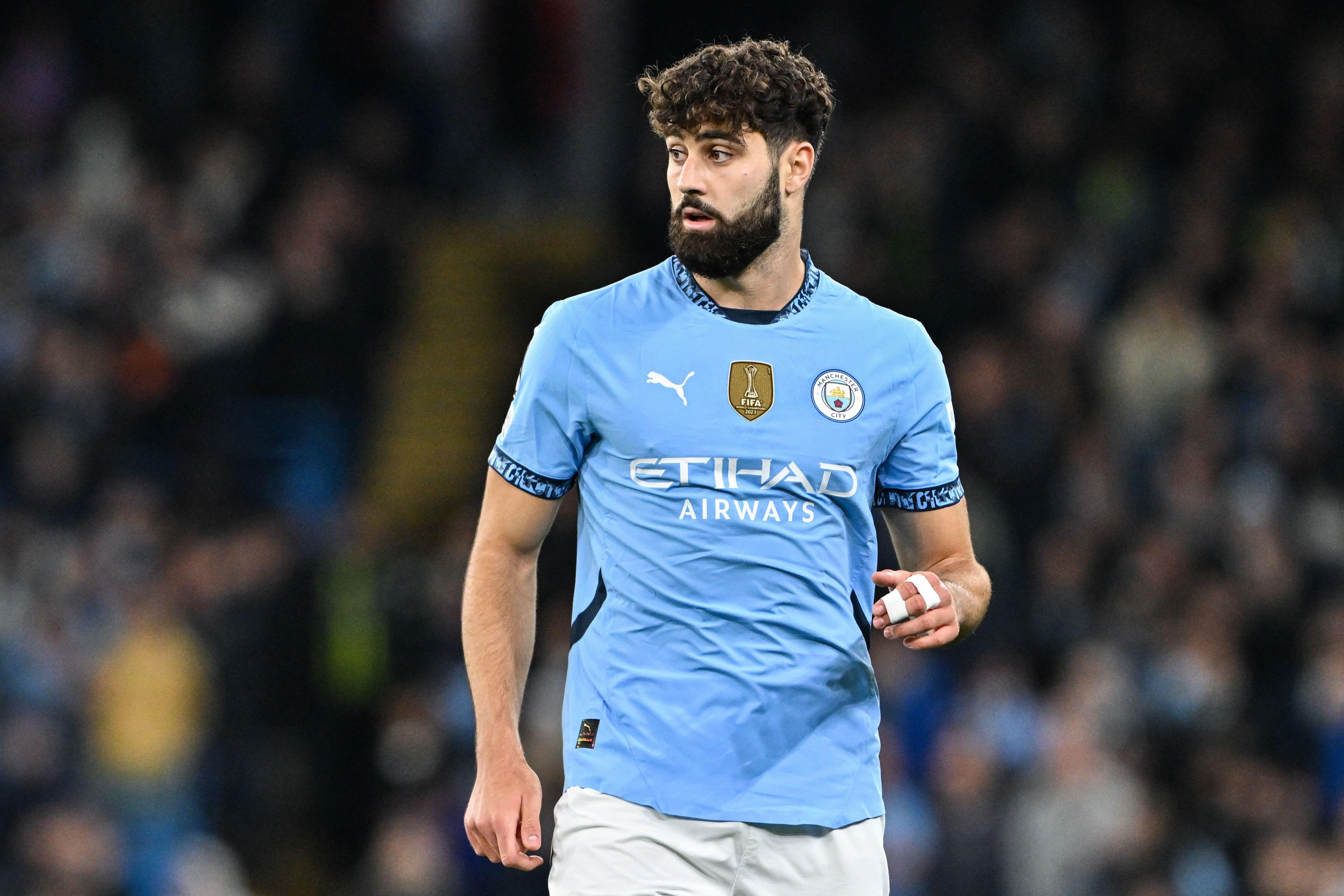
Brothers Rudolf and Adi Dassler used to run the same company, before their relationship deteriorated to the point that they decided to form rival sportswear manufacturers in 1948.
While Adi founded Adidas, Rudolf set up Puma – whose logo is one of the most prominent in elite-level football today, adorning the shirts of, among others, Manchester City and Borussia Dortmund.
PONY
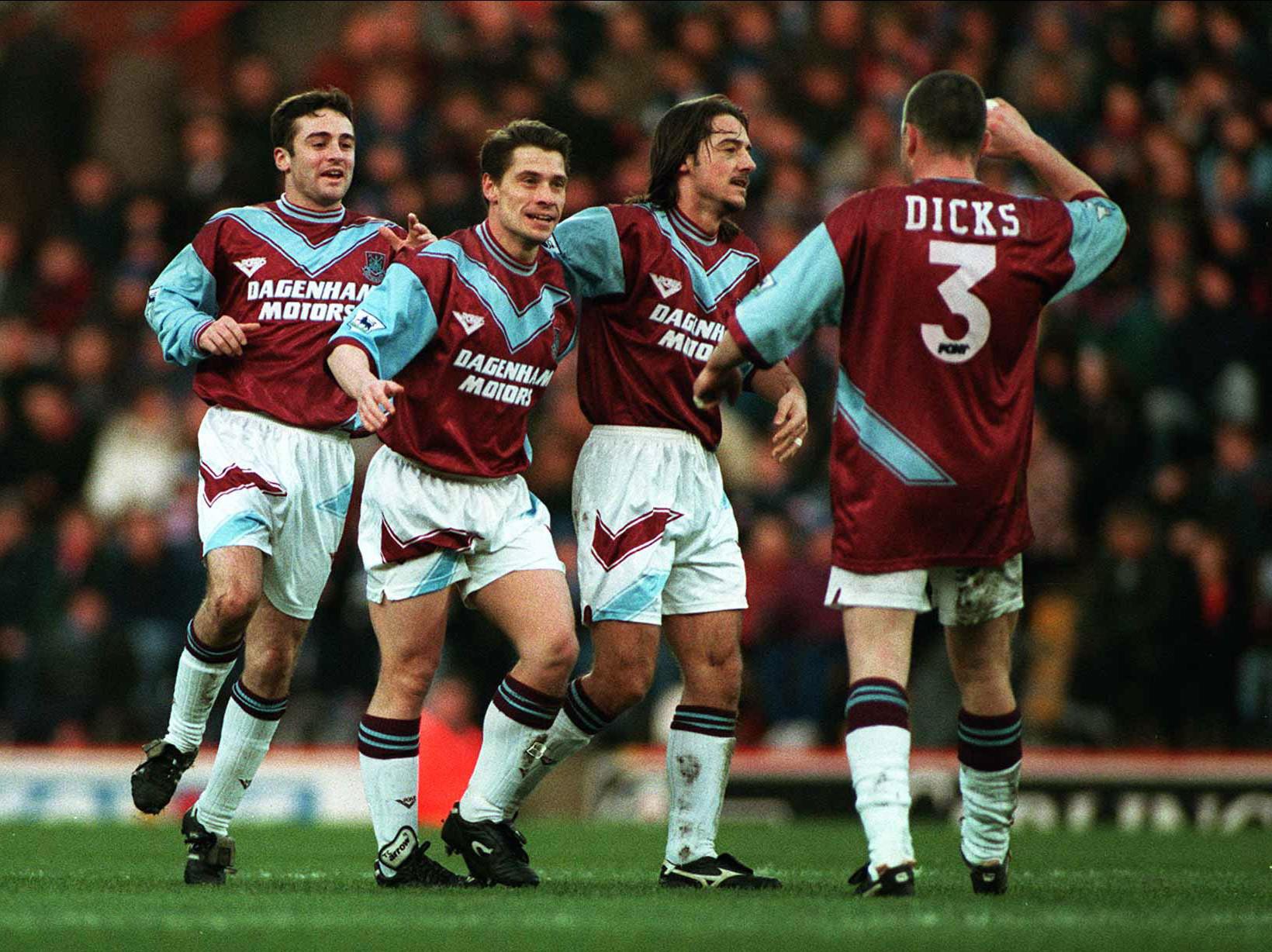
An acronym for ‘Product of New York’, American manufacturer PONY is a bit of a cult favourite with 90s football fans.
They produced kits for a number of English clubs during that decade, including Premier League sides Tottenham, West Ham and Southampton – the latter two of whom rocked shirts featuring PONY’s distinctive chevron pattern.
Lotto
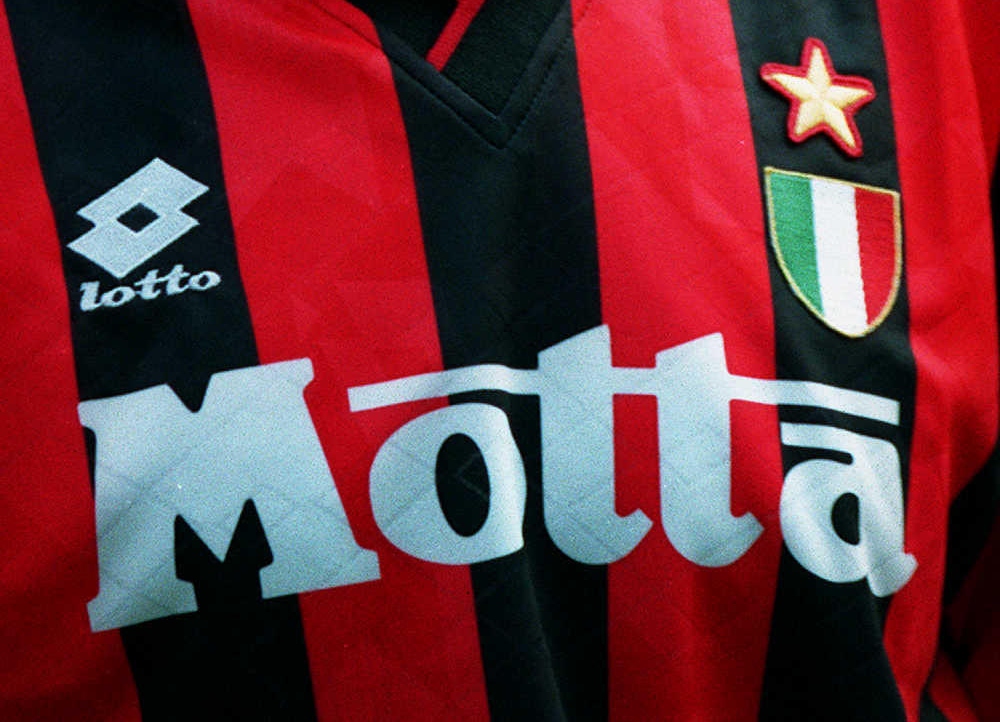
Lotto have manufactured a host of classic strips for clubs in their native Italy and beyond over the years, as well as getting involved at international level.
Among the company’s most memorable designs are Milan and Parma kits from the 90s, and Croatia and Tunisia’s rather snazzy 1998 World Cup threads.
Le Coq Sportif
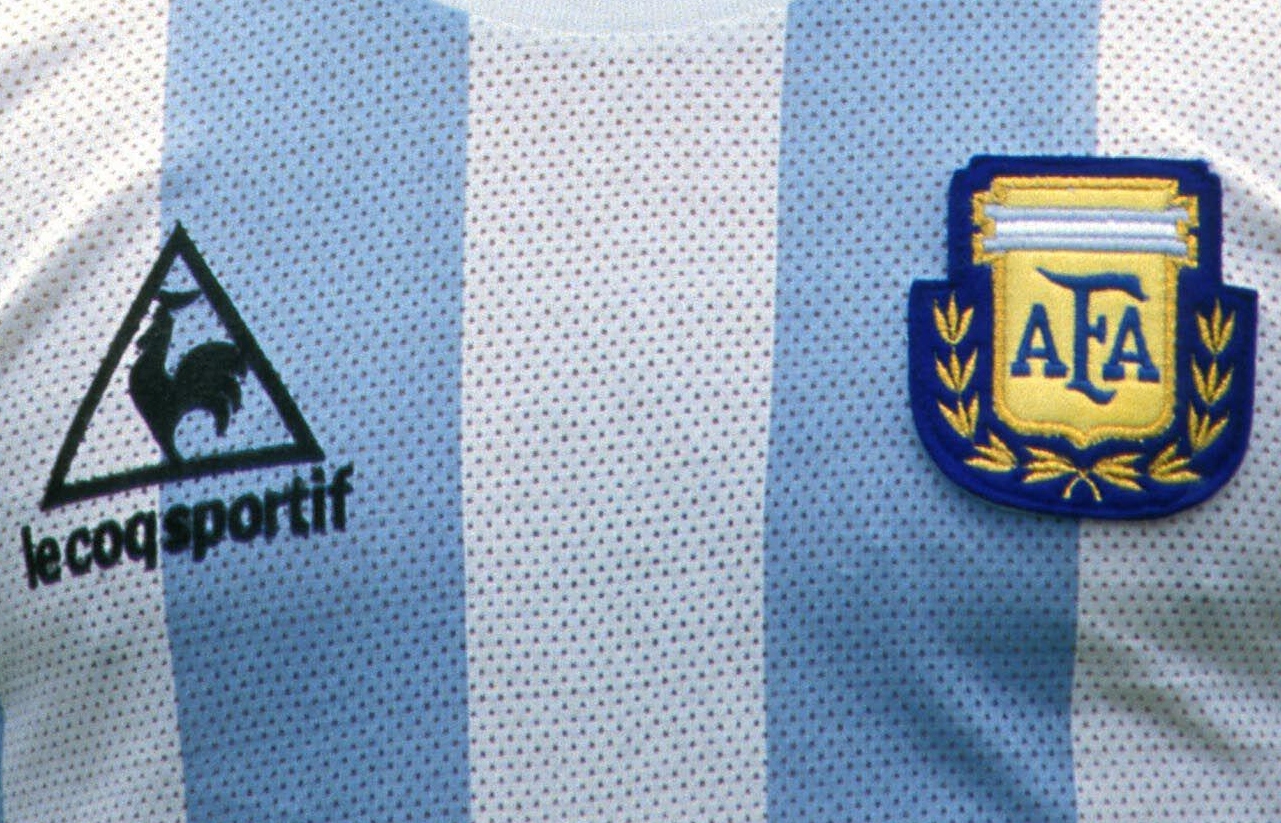
Iconic French brand Le Coq Sportif is not widely seen in football these days, but their instantly recognisable rooster emblem has featured on some of the game’s greatest shirts.
Perhaps the most notable is that worn by Diego Maradona and co. as Argentina won the 1986 World Cup in Mexico.
Matchwinner
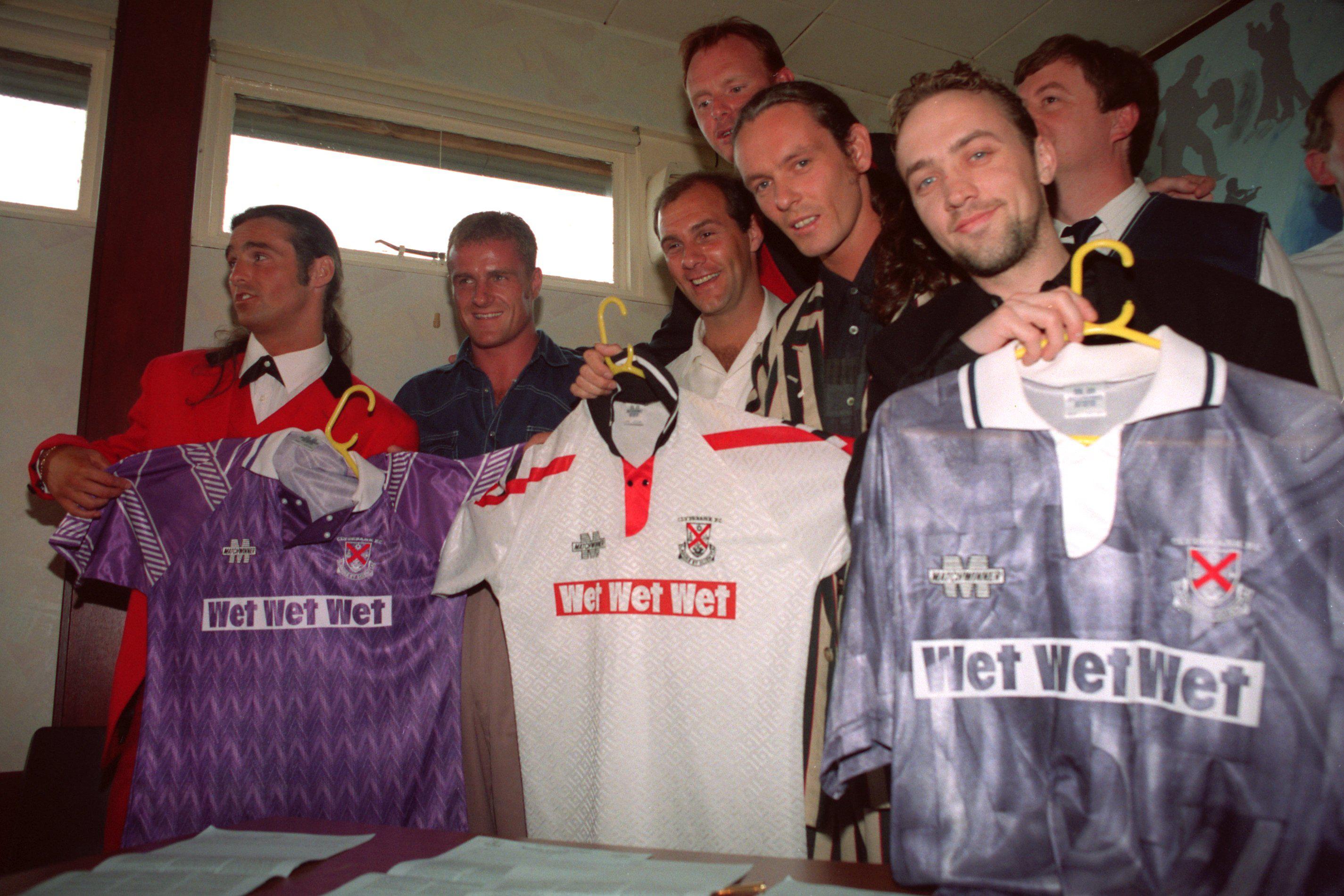
A classic manufacturer we’d love to see make a proper comeback, Matchwinner produced some seriously funky threads for British and Irish sides during the 80s and 90s.
Bournemouth, Swansea and Clydebank had some of Matchwinner’s most eye-catching strips, with the latter standing out even more for their sponsorship deal with the band Wet Wet Wet, who hail from the Scottish town.
Kappa
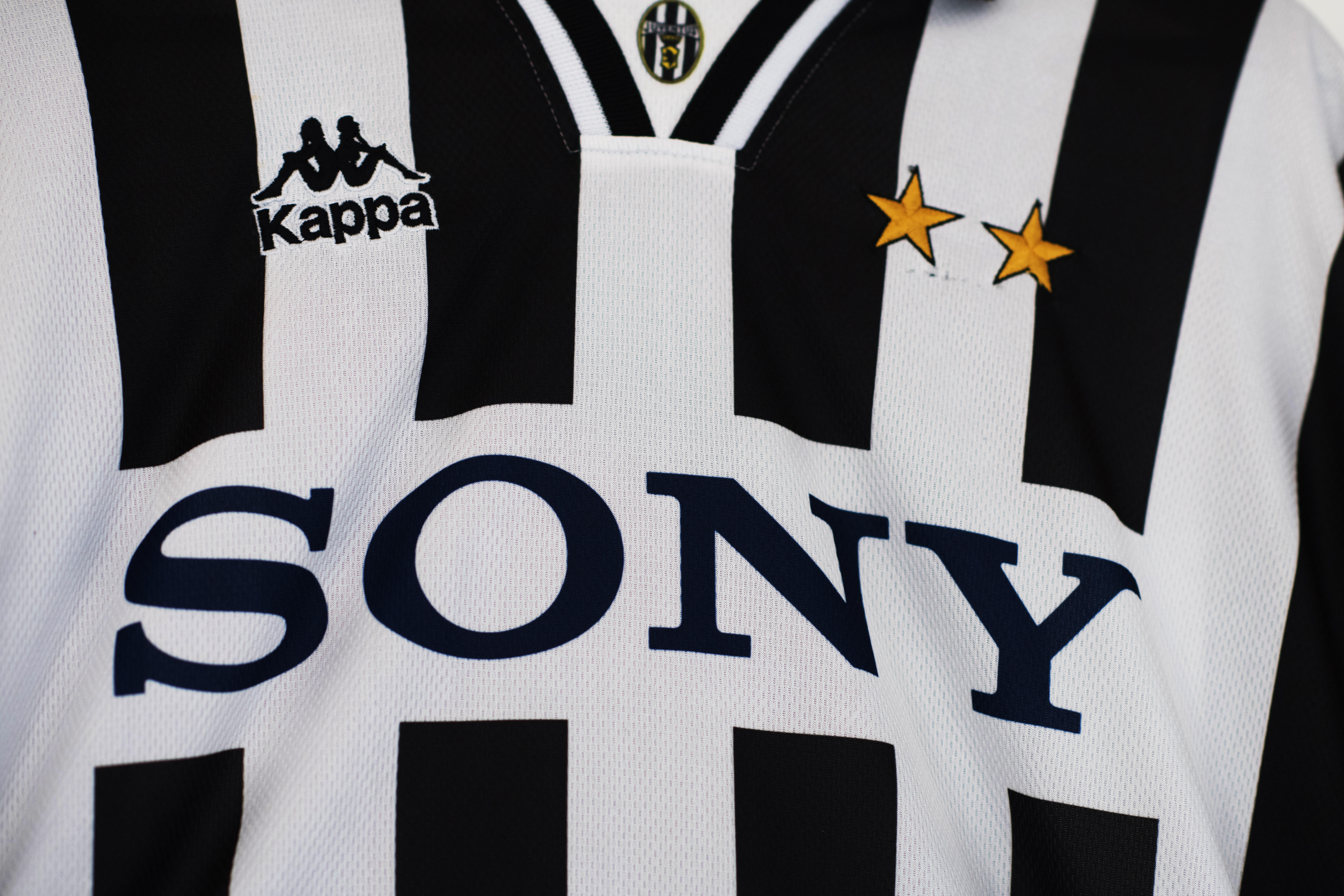
With their distinctive logo of a naked man and woman sitting back-to-back (and their insistence on plastering it all down the sleeves of shirts), Kappa are yet another iconic Italian brand with a rich history in the game.
Founded in 1978, Kappa went on to become a big player in Italy and abroad, kitting out the likes of Juventus, Barcelona and their homeland’s national team.
Nike
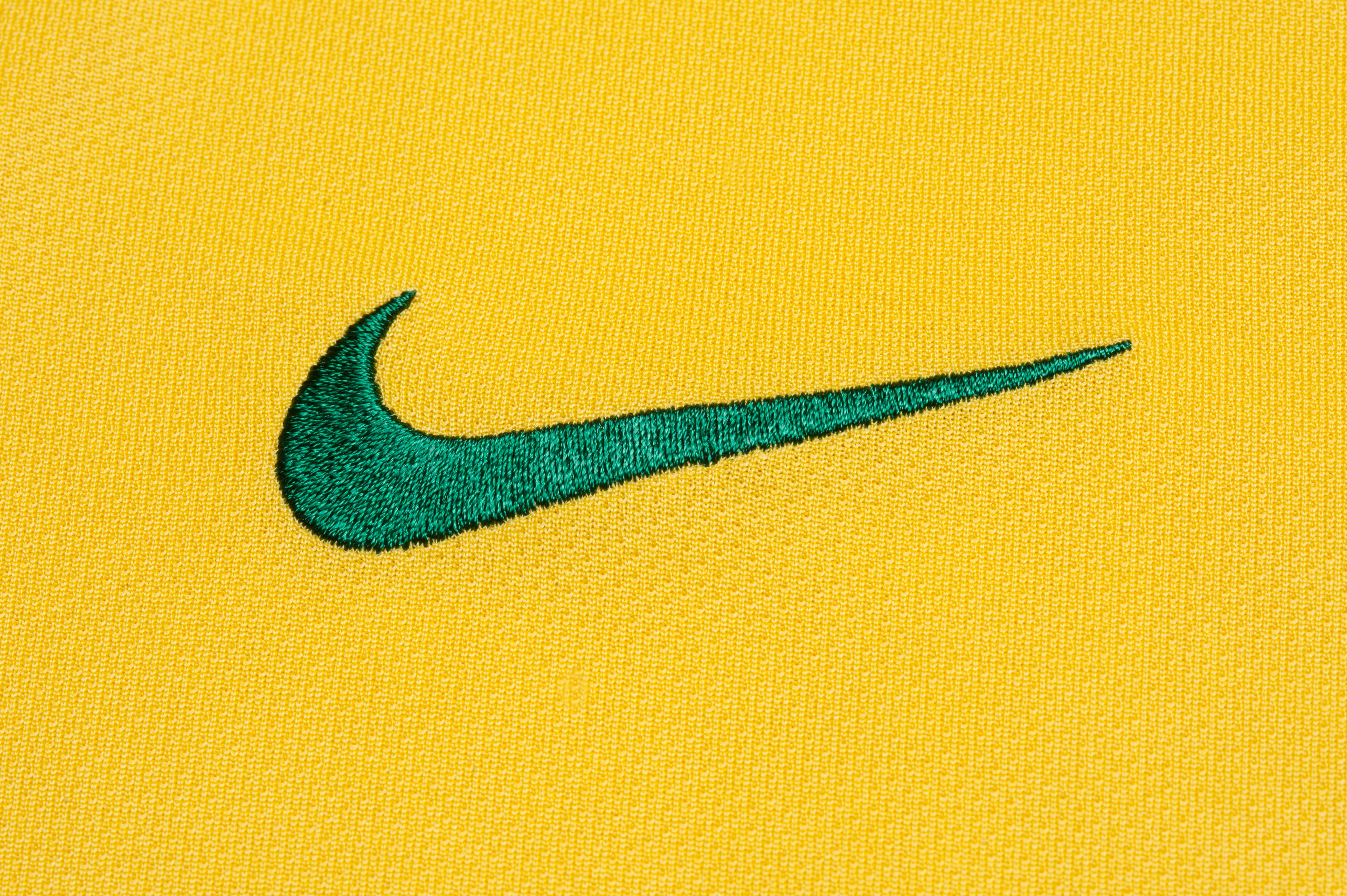
Companies don’t come much bigger than Nike in any industry, and the American sportswear giant has become one of the most-established football kit suppliers.
Liverpool, Barcelona, Inter, England, France, Brazil… The list of top club and international teams sporting the iconic Nike Swoosh on their chests goes on and on.
Umbro
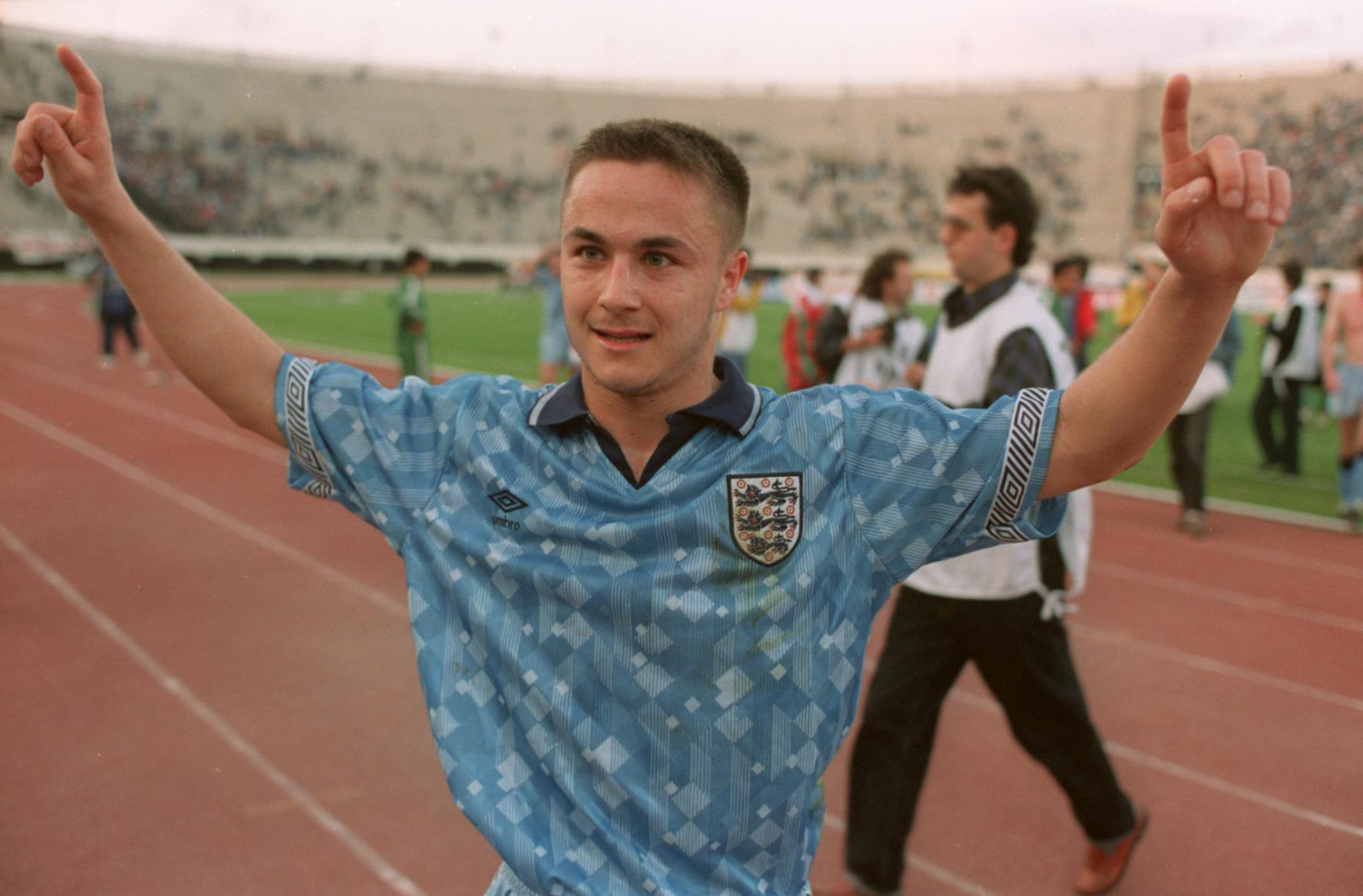
While they have branched out into rugby more recently, Umbro have always been a football brand at heart.
Established in Cheshire in 1924, they’ve slapped their distinctive diamond emblem on countless great shirts over the years – most notably those worn by England, including that blue away jersey from the early 90s.
Hummel
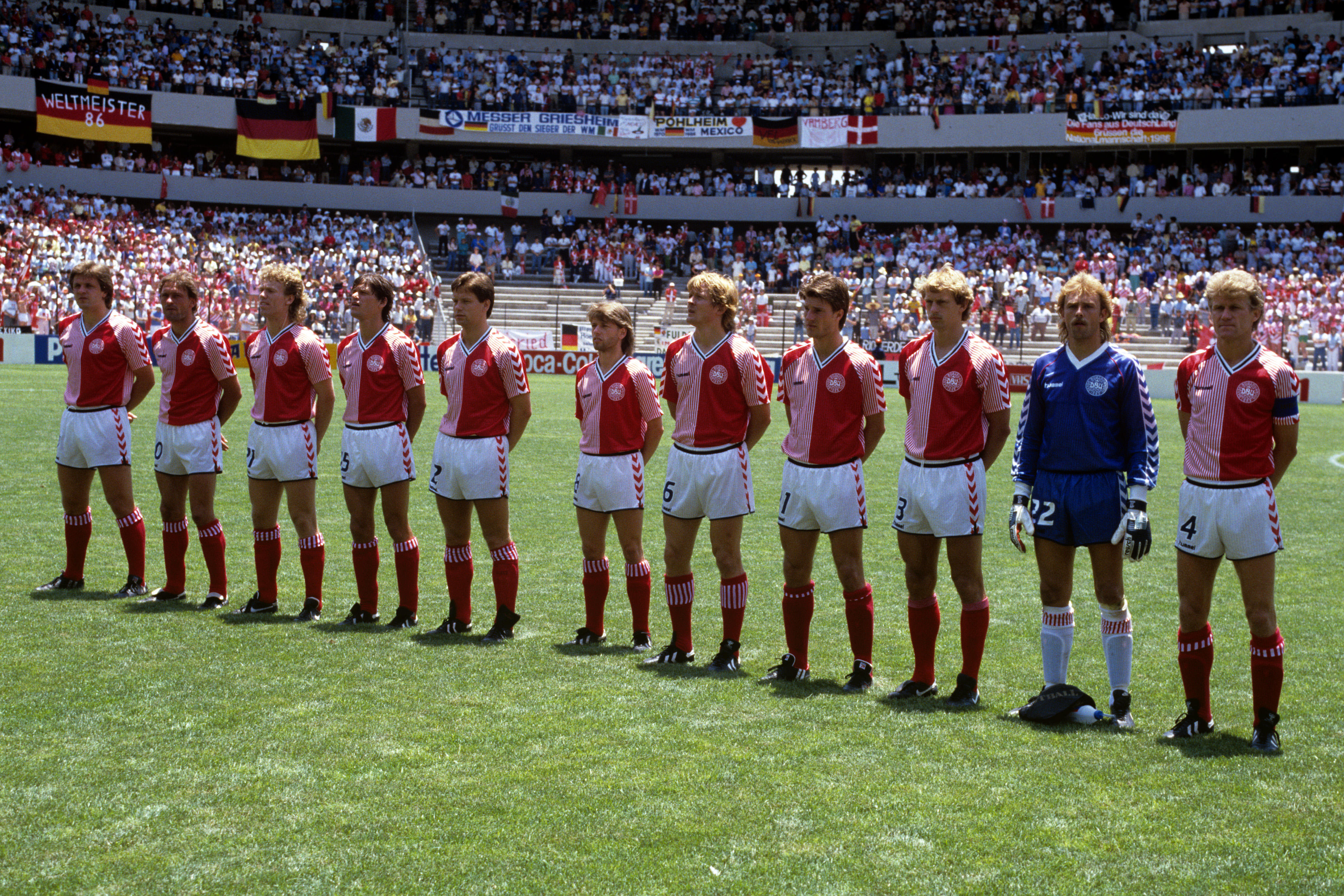
If you see chevrons on the sleeves of a football shirt, you know you’re probably onto a winner – Hummel rarely slip up on the design front.
Denmark’s finest have been churning out stunning strips for decades, including one of the greatest kits of all time: the Danish national team’s utterly gorgeous ensemble from the 1986 World Cup.
Admiral
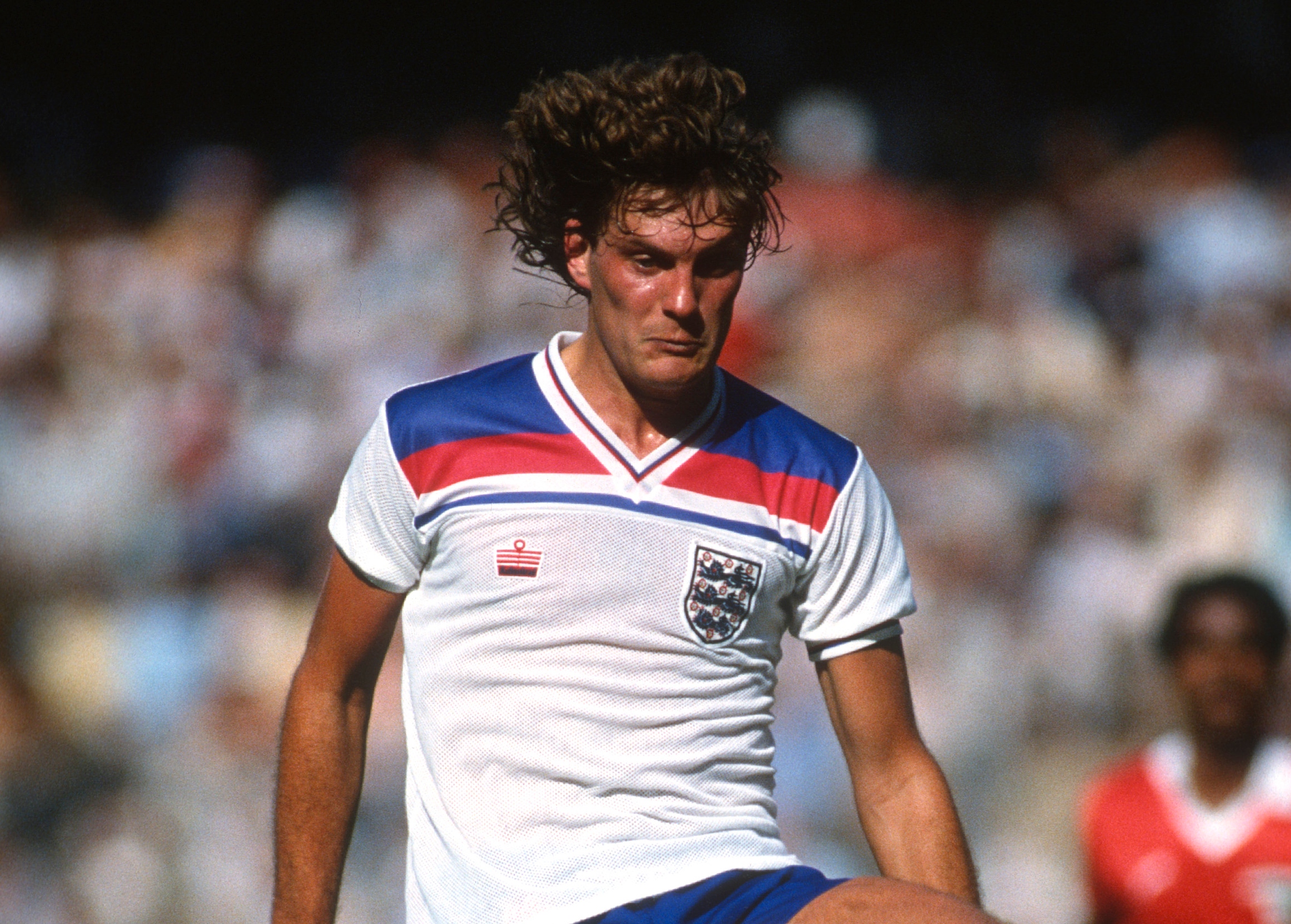
Established in 1914 in Leicester, Admiral pioneered the replica football kit, manufacturing the very first visibly branded strips to be worn in the English top flight – by Leeds during the 1973/74 season.
They’re not such a big name nowadays, but their legacy is a lasting one thanks to the steady stream of iconic shirts they came out with back in their heyday. We reckon England’s 1982 World Cup home jersey is the best of the bunch.
Adidas
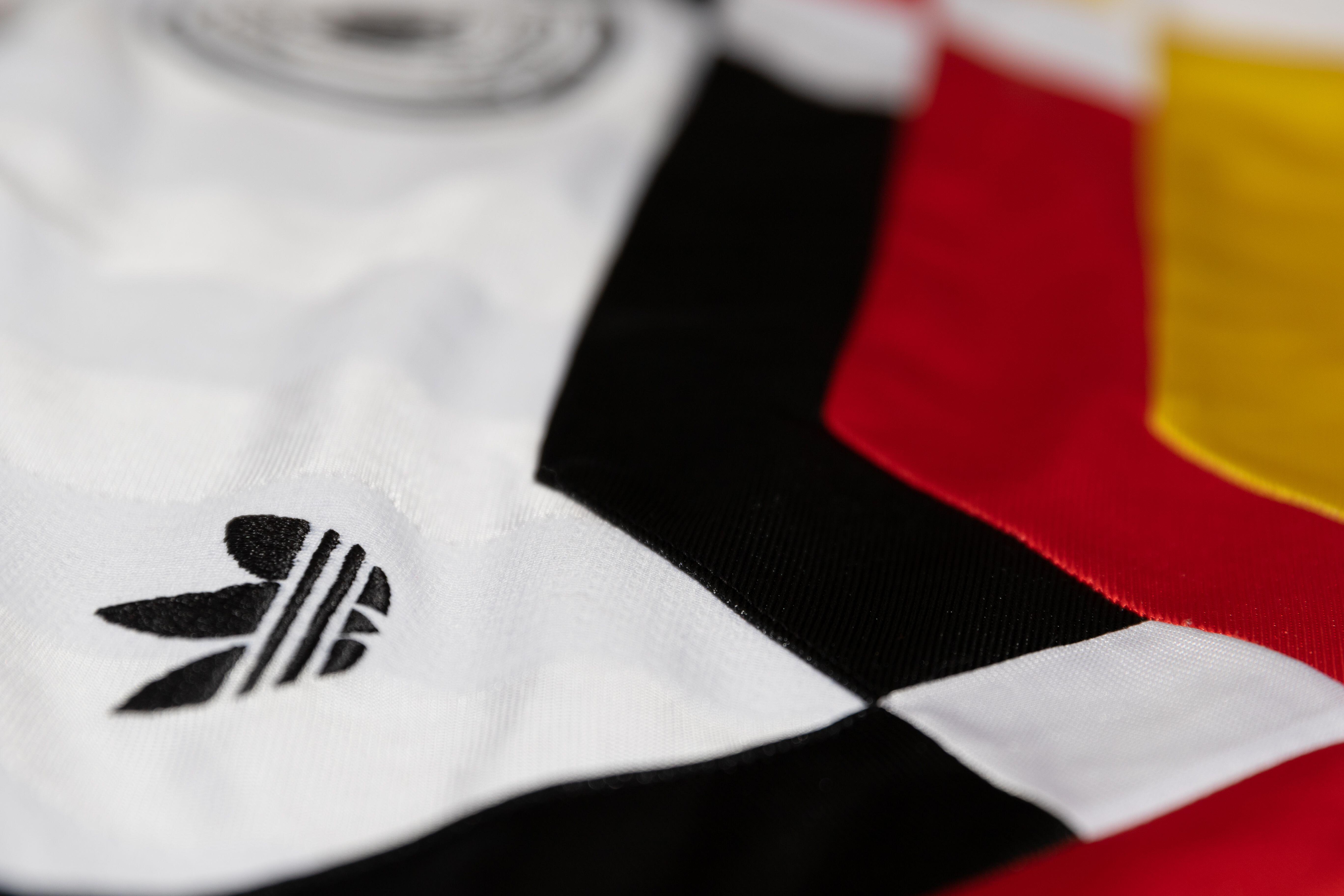
And taking top spot, we have German giants Adidas – a staple football kit manufacturer for more than half a century.
The brand with the three stripes is as instantly recognisable as they come, supplying an absolute classic for seemingly all of the most prominent clubs and national teams around at some point.
Tom Hancock started freelancing for FourFourTwo in April 2019 and has also written for the Premier League and Opta Analyst, among others. He supports Wycombe Wanderers and has a soft spot for Wealdstone. A self-confessed statto, he has been known to watch football with a spreadsheet (or several) open...

